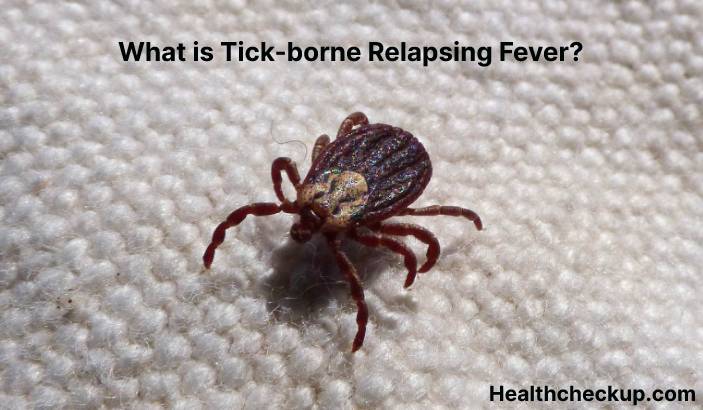Tick-borne relapsing fever (TBRF) is a bacterial infection that is transmitted through the bite of an infected tick. TBRF is caused by the bacterium Borrelia, and it is most commonly found in the Western United States, although it has also been reported in other parts of the world. TBRF is transmitted by ticks that are found in rodent burrows, such as those of mice and rats, and it is most commonly transmitted in the summer months.
Symptoms of TBRF may include:
- Fever
- Headache
- Muscle aches
- Rash
- Nausea and vomiting
- Abdominal pain
Tick-borne relapsing fever (TBRF) is characterized by recurrent episodes of fever, which typically occur every 3-4 days and last for 2-5 days. TBRF can lead to serious complications, such as meningitis, endocarditis, and organ damage. TBRF is fatal in about 5% of cases.
Diagnosis of TBRF is typically based on the presence of symptoms and a history of tick exposure. It may also involve laboratory tests to confirm the presence of the bacterium.
Treatment of TBRF typically involves antibiotics to kill the bacterium. It is important to complete the full course of treatment as prescribed to ensure that the infection is fully eradicated. In severe cases, hospitalization may be necessary to provide supportive care, such as oxygen therapy and fluids.
Tick-borne relapsing fever (TBRF) can be prevented through the use of insect repellents, wearing protective clothing, and performing tick checks after spending time outdoors. It is also important to remove ticks promptly and properly if you are bitten, as ticks should be removed as soon as possible to reduce the risk of infection. If you are experiencing symptoms of TBRF or have been exposed to ticks, it is important to seek medical attention as soon as possible. Follow the recommendations of your healthcare provider and public health officials to help protect yourself and others from TBRF.









